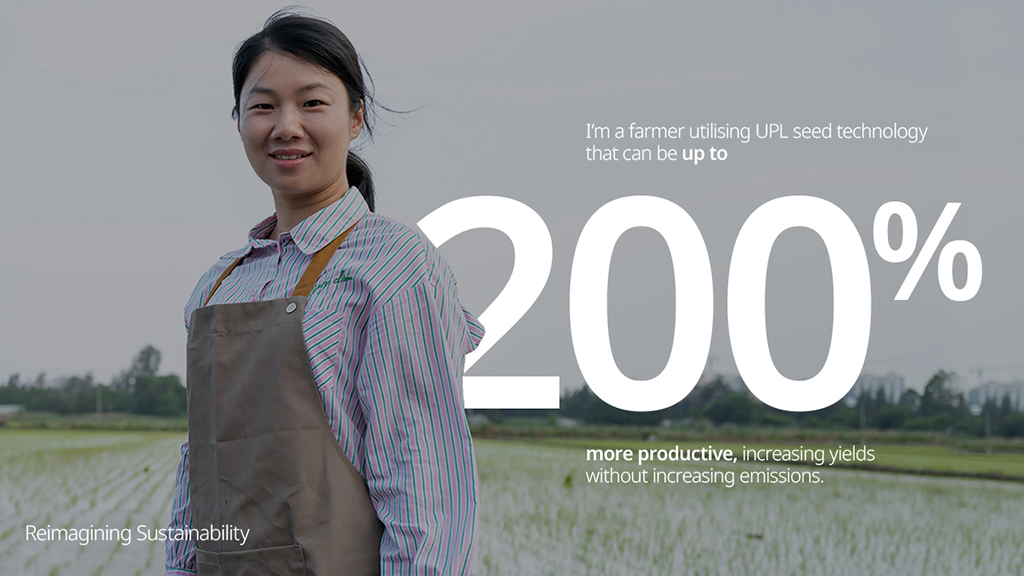Sowing the seeds of sustainability
Agriculture must be part of any solution if we are to reach net zero without compromising other important issues such as food security and socio-economic development. Climate change has created new obstacles for farmers to adapt to and overcome. From rising temperatures to an increase in droughts and extreme weather events, farmers must have the tools necessary to insulate themselves from the impacts of climate change and maintain their resilience.
Every crop starts as a seed. Seeds hold the full genetic potential of a plant, dictating its health, growth and resilience. The increasing availability of improved seed varieties, including high-yielding, climate-resilient and hybrids, can increase farmers productivity and enhance their livelihoods. In one study, it was found that using genetic engineering to optimise photosynthesis could create plants that were 40% more productive, enabling farmers to grow more on less land and contribute less emissions. Producing more high-yielding crops without having to intensify agricultural practices is an efficient way to protect farmers’ incomes without increasing greenhouse gas emissions.
Through UPL’s seed subsidiary Advanta Seeds, we are expanding our offering of hybrid seeds to farmers around the around. Advanta are creating crop varieties better adapted to deal with temperature shocks and drought, to secure food production in regions heavily affected by climate change. For instance, in Tanzania, Advanta has partnered with RIKOLTO, and international NGO, to supply over 30,000 smallholder farmers with access to climate resilient, high-yield seeds, improving yields across a number of priority crops including sunflowers, tomatoes, okra, and onions.
By adopting the latest technology, we have successfully improved crop quality and yield. Our hybrid seeds are designed to be high-yielding and resilient. For example, our grain sorghum hybrids are environmentally friendly and drought tolerant, which is why Advanta is the leading supplier of grain sorghum genetics around the world.

